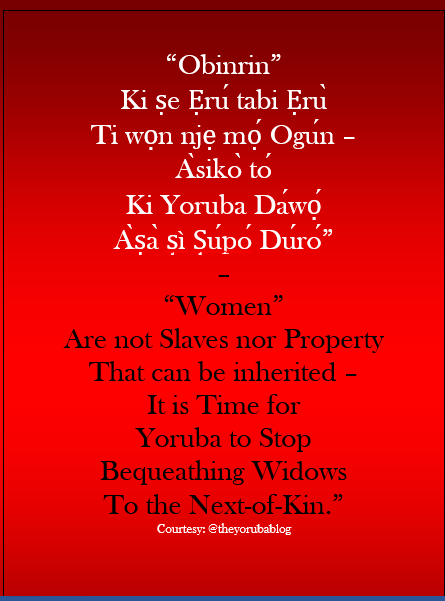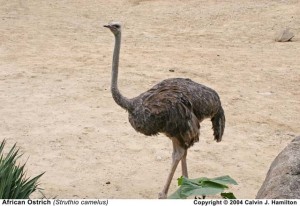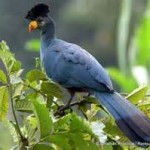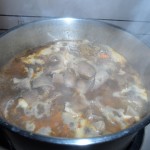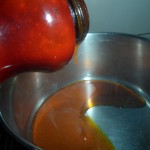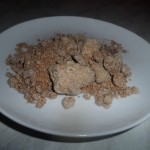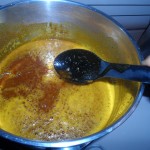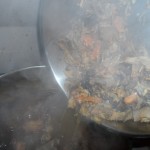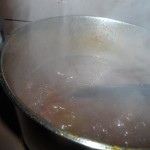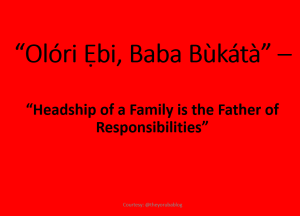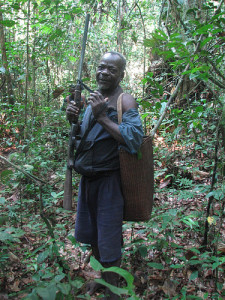Ni ayé àtijọ́, àṣà ṣì ṣúpó wọ́pọ̀ ni Ilẹ̀ Yorùbá. Obinrin ti ọkọ rẹ̀ bá kú wọn yio fi jogún gẹ́gẹ́ bi iyàwó fún ọmọ ọkọ ọkùnrin tàbi ẹbi ọkọ ọkùnrin. Eleyi wọ́pọ̀, pàtàki ni idilé Ọba, Ìjòyè nla, Ọlọ́rọ̀ ni àwùjọ àti àgbàlagbà ti ó fẹ́ iyàwó púpọ̀. Bi Ọba bá wàjà, Ọba titun yio ṣu gbogbo iyàwó ti ó bá láàfin lópó.
Ni ayé ọ̀làjú ti òde òni, àṣà ṣì ṣúpó ti din kù púpọ̀, nitori ẹ̀sìn àti àwọn obinrin ti ó kàwé ti ó si ni iṣẹ́ lọ́wọ́ kò ni gbà ki wọn ṣú ohun lópó fún ẹbi ọkọ ti kò ni ìfẹ́ si. Ọkùnrin ni ẹbi ọkọ na a ti bẹ̀rẹ̀ si kọ àṣà ṣì ṣúpó silẹ̀ pàtàki àwọn ti ó bá kàwé, nitori ó ti lè ni iyàwó tàbi ki ó ni àfẹ́sọ́nà. Lai ti ẹ ni iyàwó, ọkùnrin ẹbi ọkọ lè ma ni ìfẹ́ si iyàwó ti ọkọ rẹ̀ kú. Àṣa ṣì ṣúpó kò wọ́pọ̀ mọ laarin àwọn ti ó jade, àwọn ti ó ngbé ilú nla àti Òkè-òkun tàbi àwọn ti ó kàwé, ṣùgbọ́n ó wọ́pọ̀ laarin àwọn ti kò jade kúrò ni Abúlé àti àwọn ti kò kàwé.
Idilé ti ifẹ bá wà laarin ẹbi, iyàwó pàápàá kò ni fẹ́ kúrò ni irú ẹbi bẹ́ ẹ̀ lati lọ fẹ́ ọkọ si idilé miran pàtàki nitori àwọn ọmọ tàbi ó dàgbà jù lati tun lọ fẹ ọkọ miran. Ọmọ ọkọ tàbi ẹbi ọkọ ọkùnrin lè fi àṣà yi kẹ́wọ́ lati fẹ opó ni tipátipá, omiran lè pa ọkọ lati lè jogún iyàwó. Bi iyàwó bá kú, wọn kò jẹ́ fi ọkọ rẹ jogún fún ẹbi iyàwó.
Àsikò tó lati dáwọ́ àṣà ṣì ṣúpó dúró nitori obinrin ki ṣe ẹrú tàbi ẹrù ti wọn njẹ mọ́ ogún.
ENGLISH TRANSLATION Continue reading
Originally posted 2015-09-18 19:53:23. Republished by Blog Post Promoter


